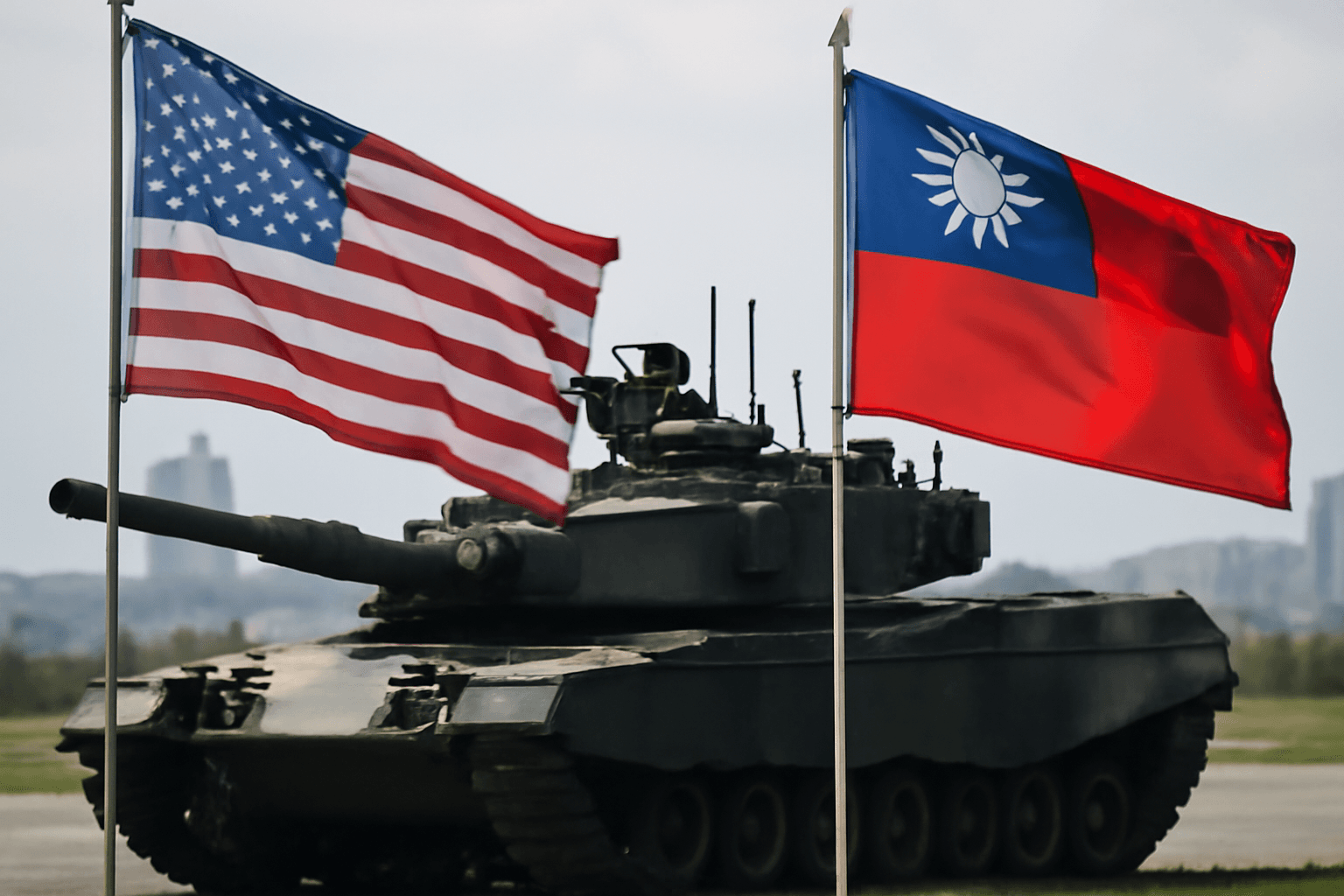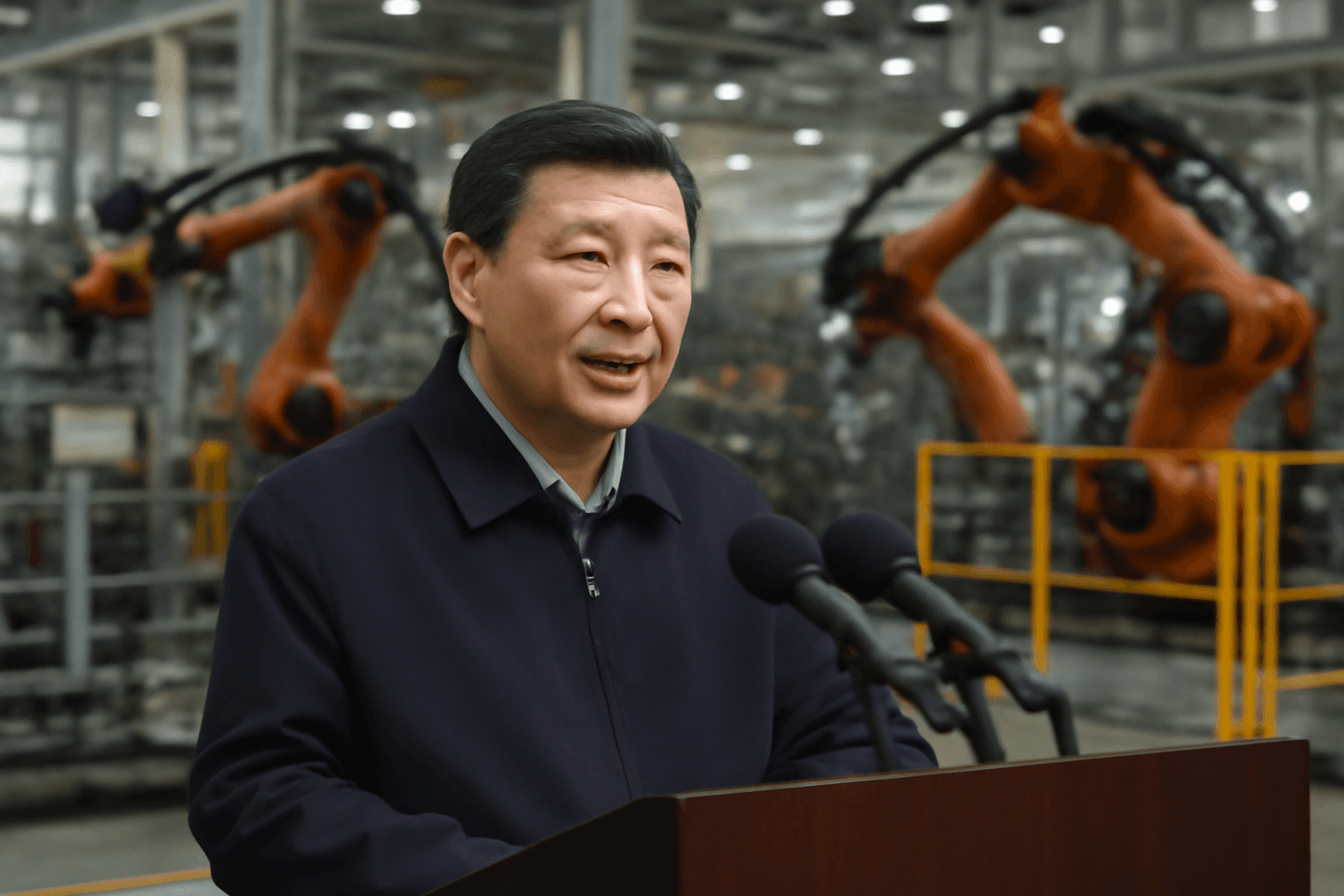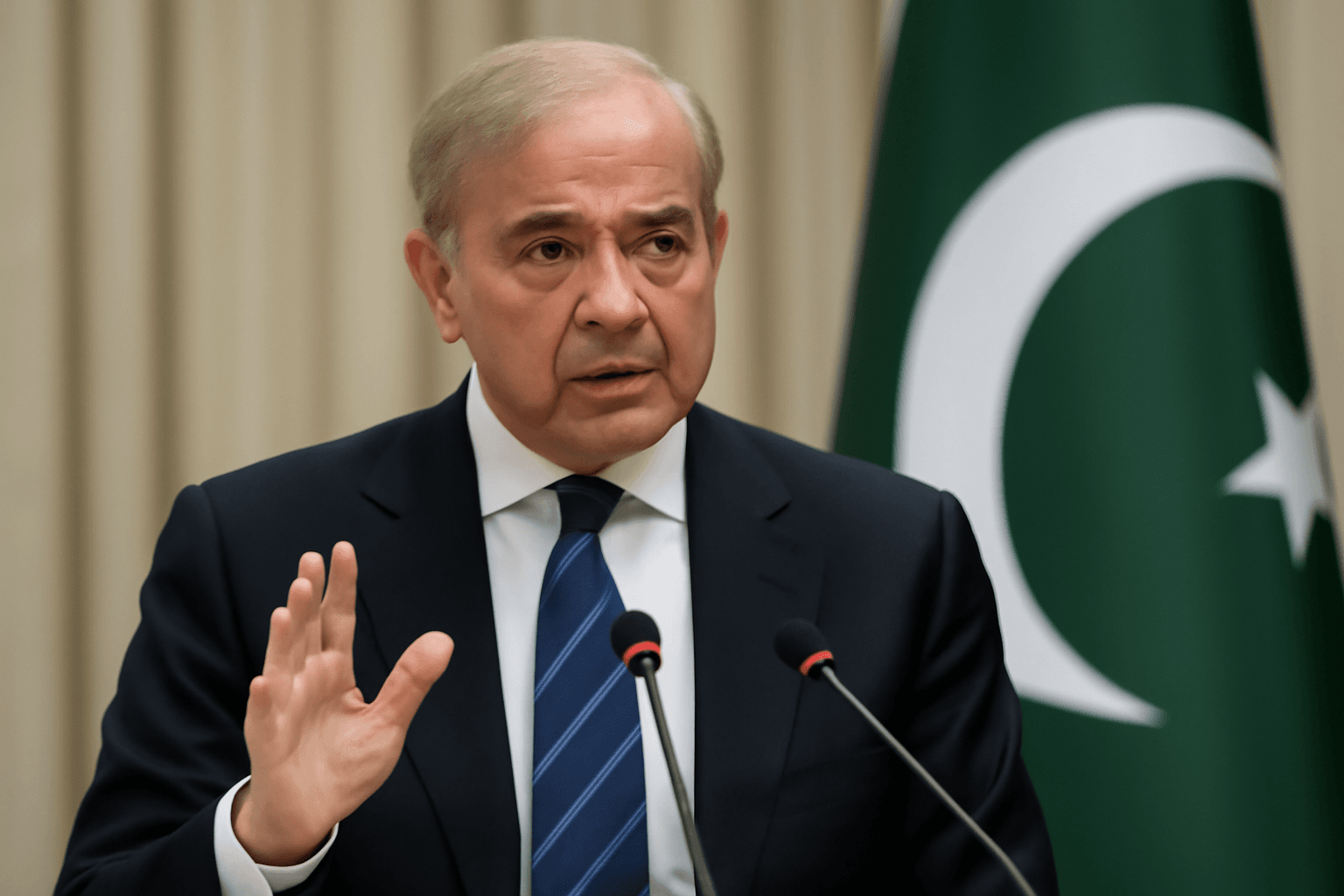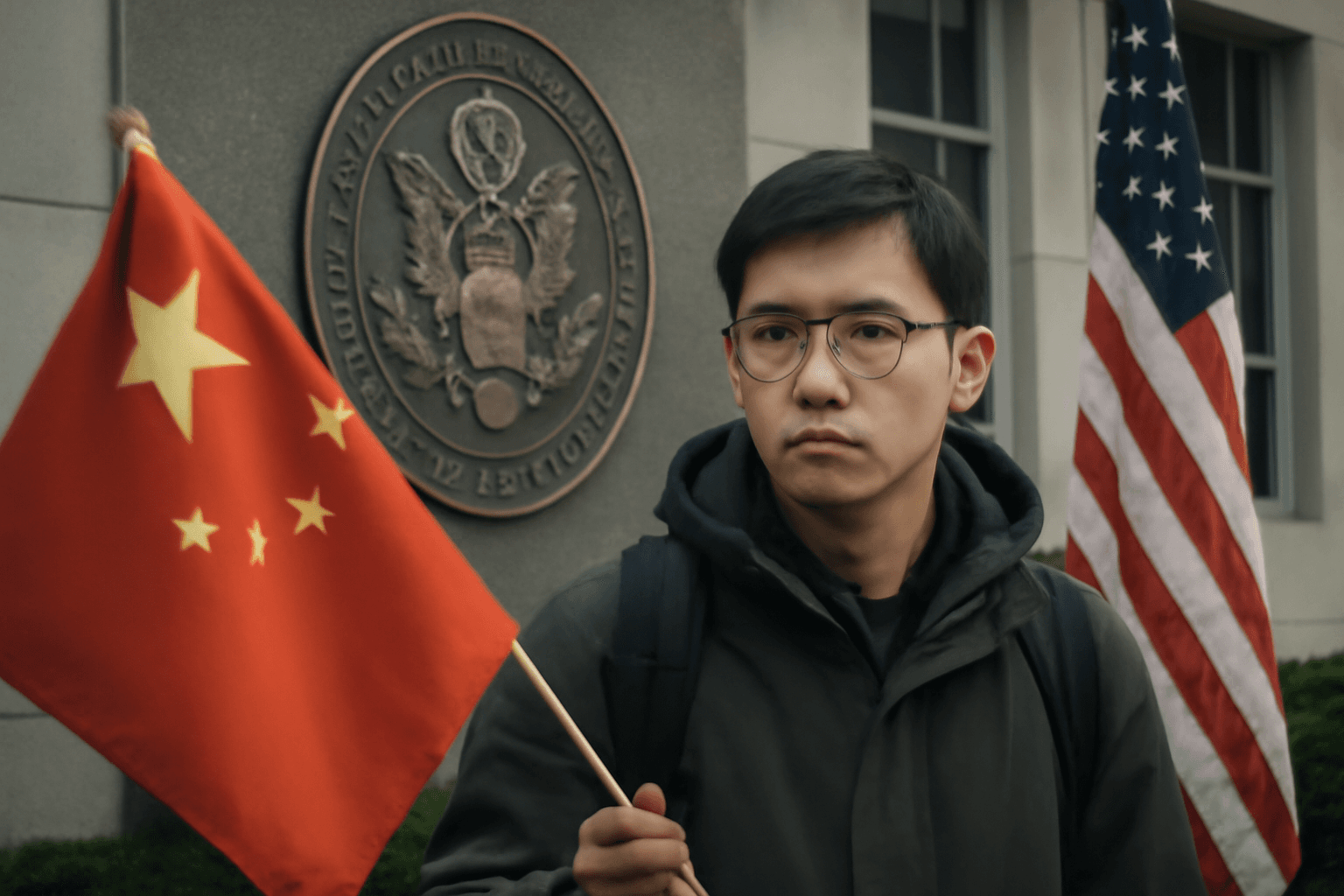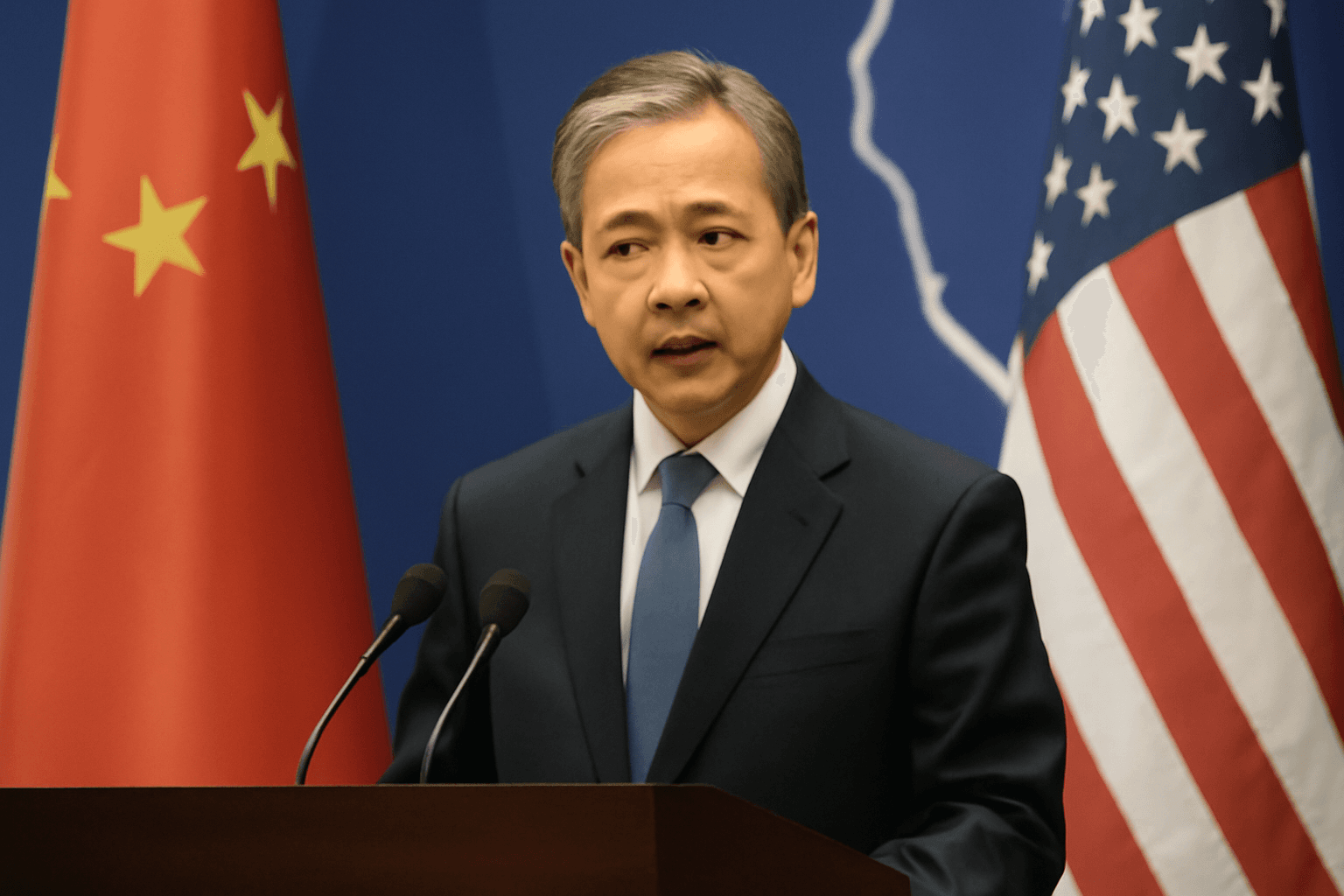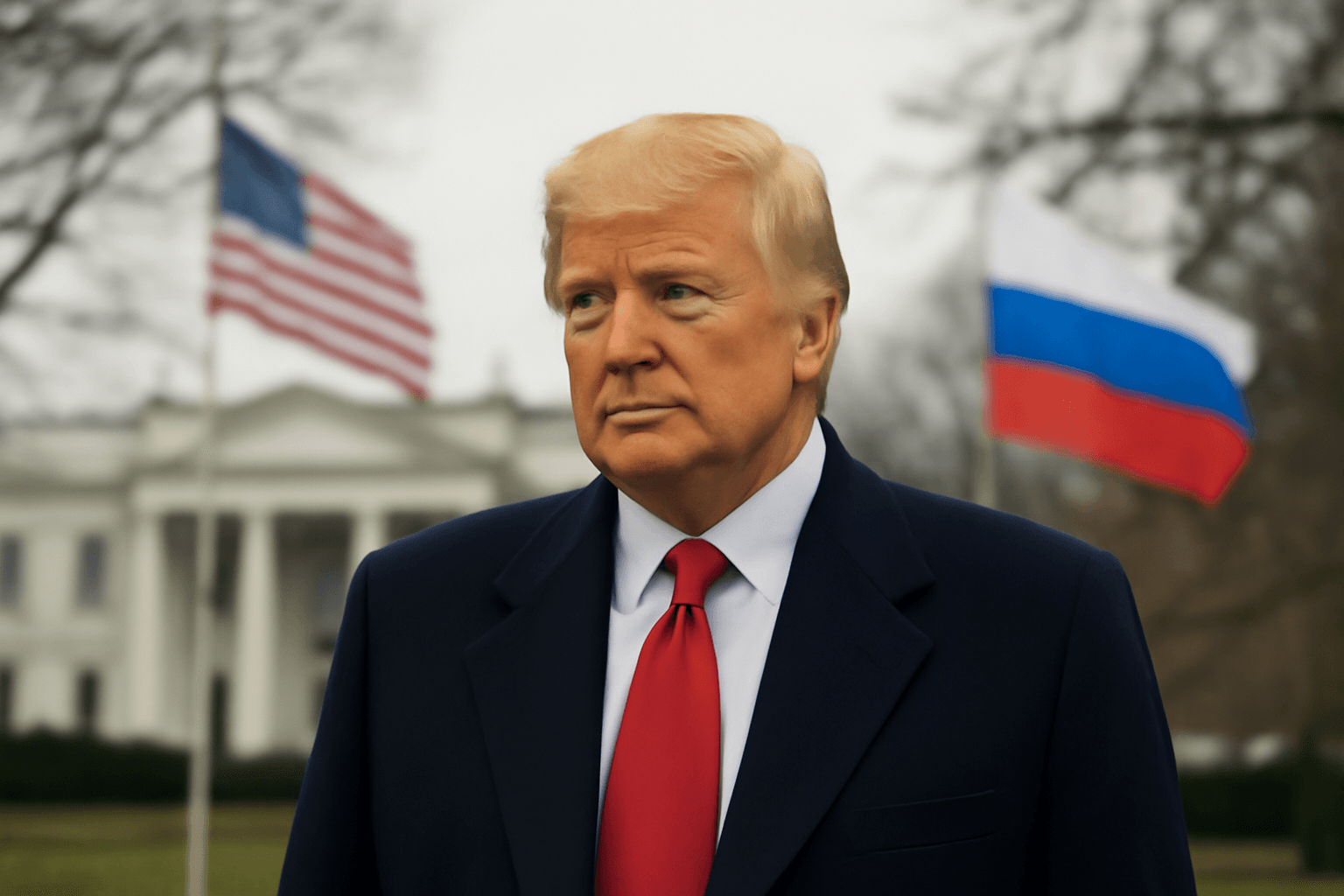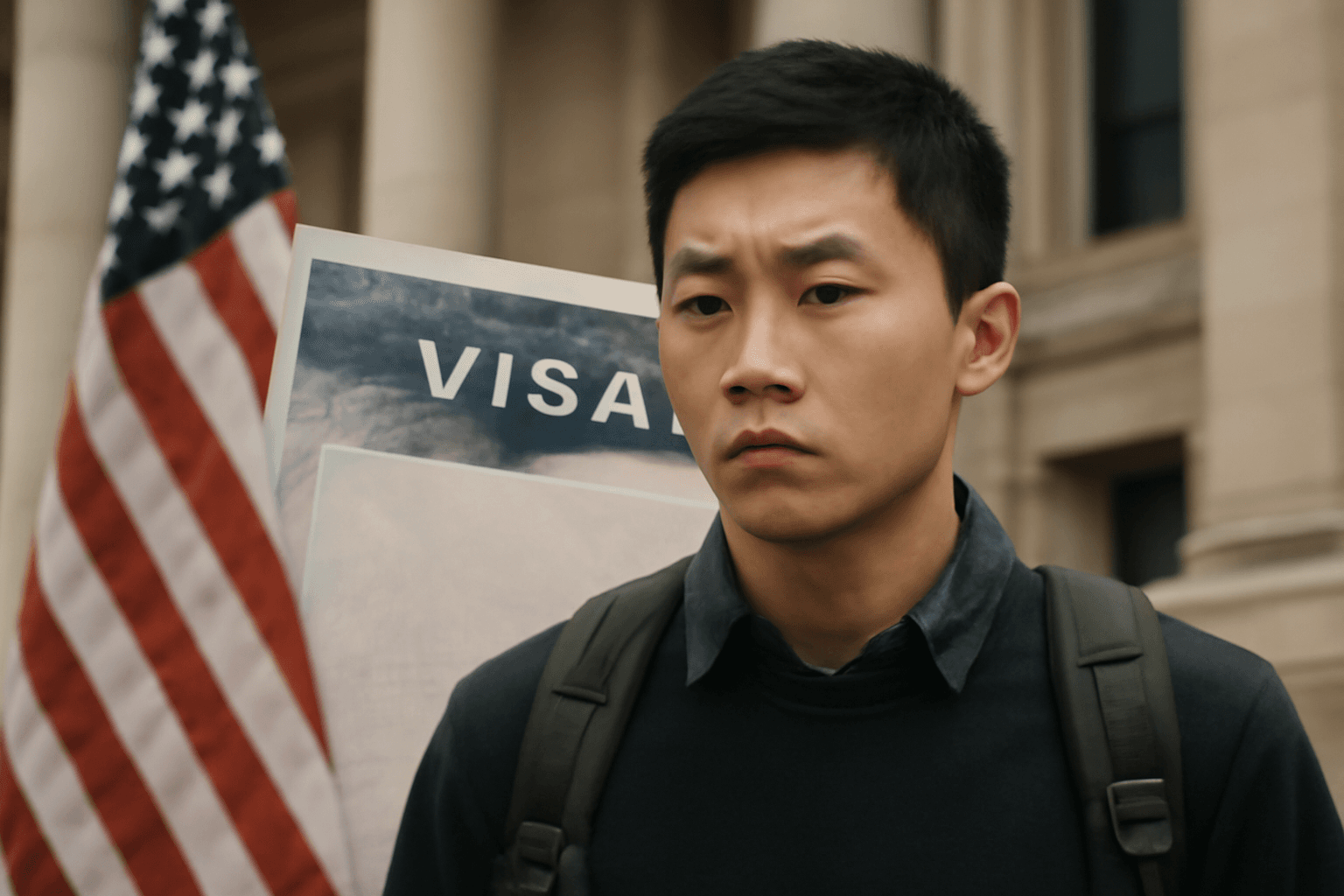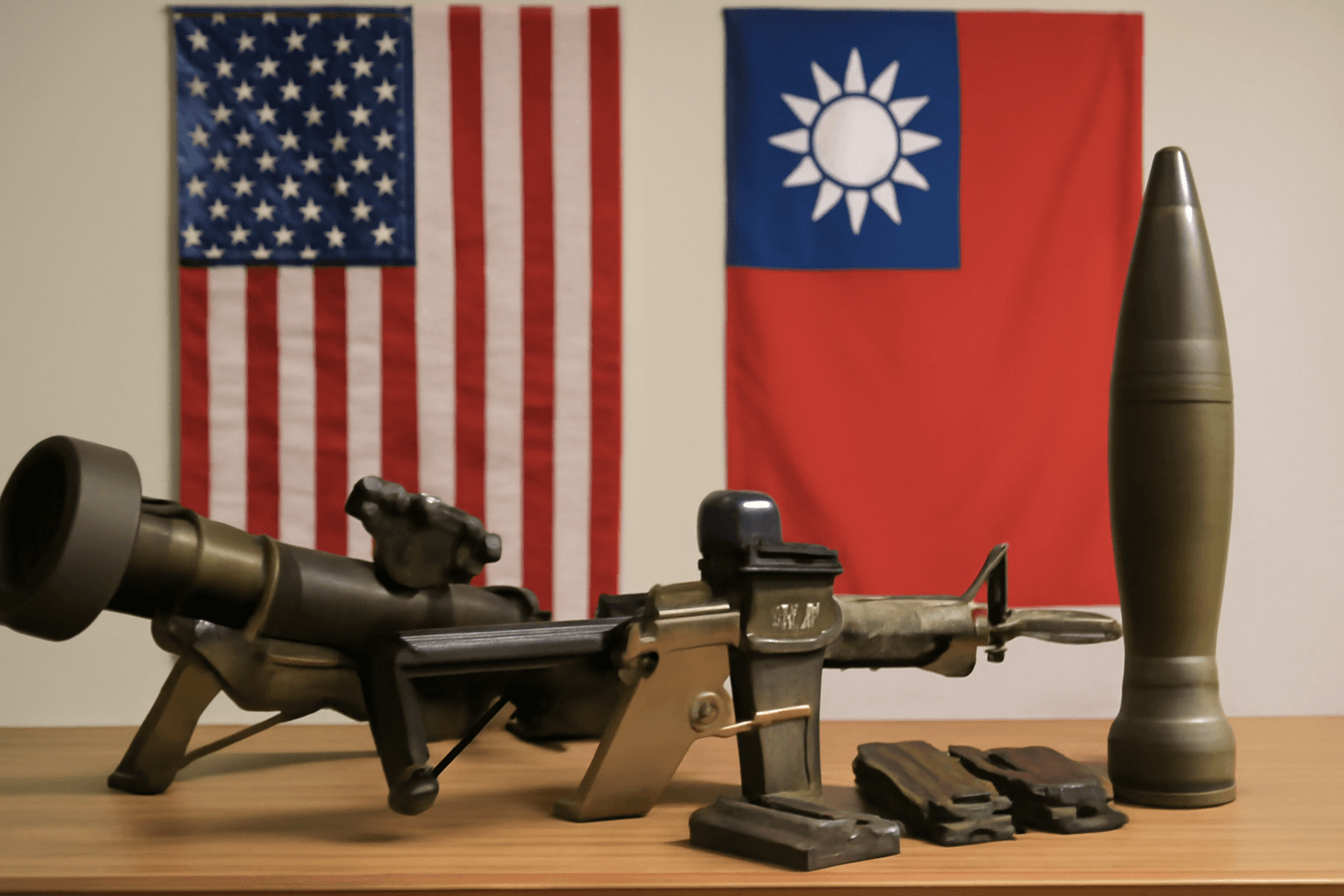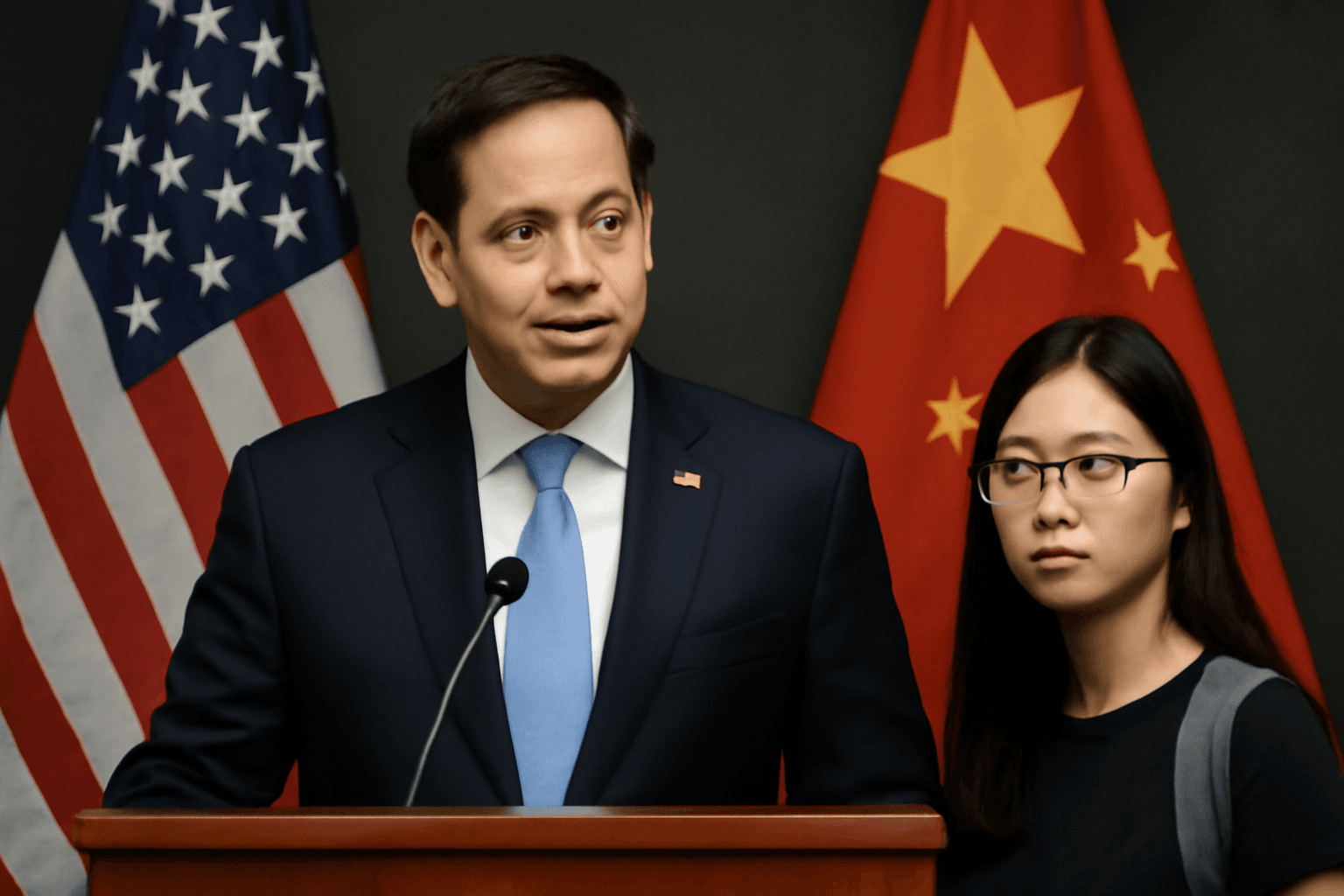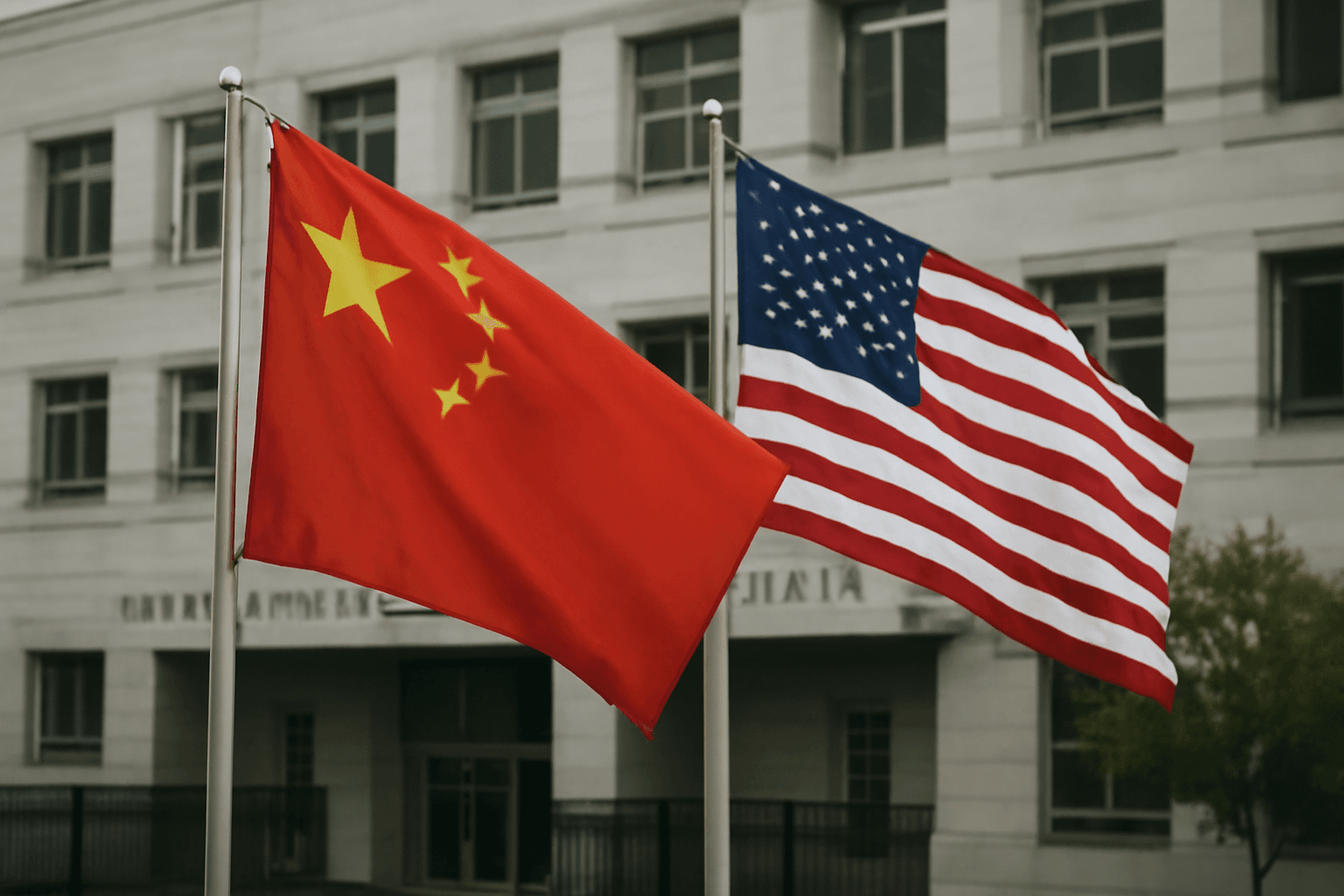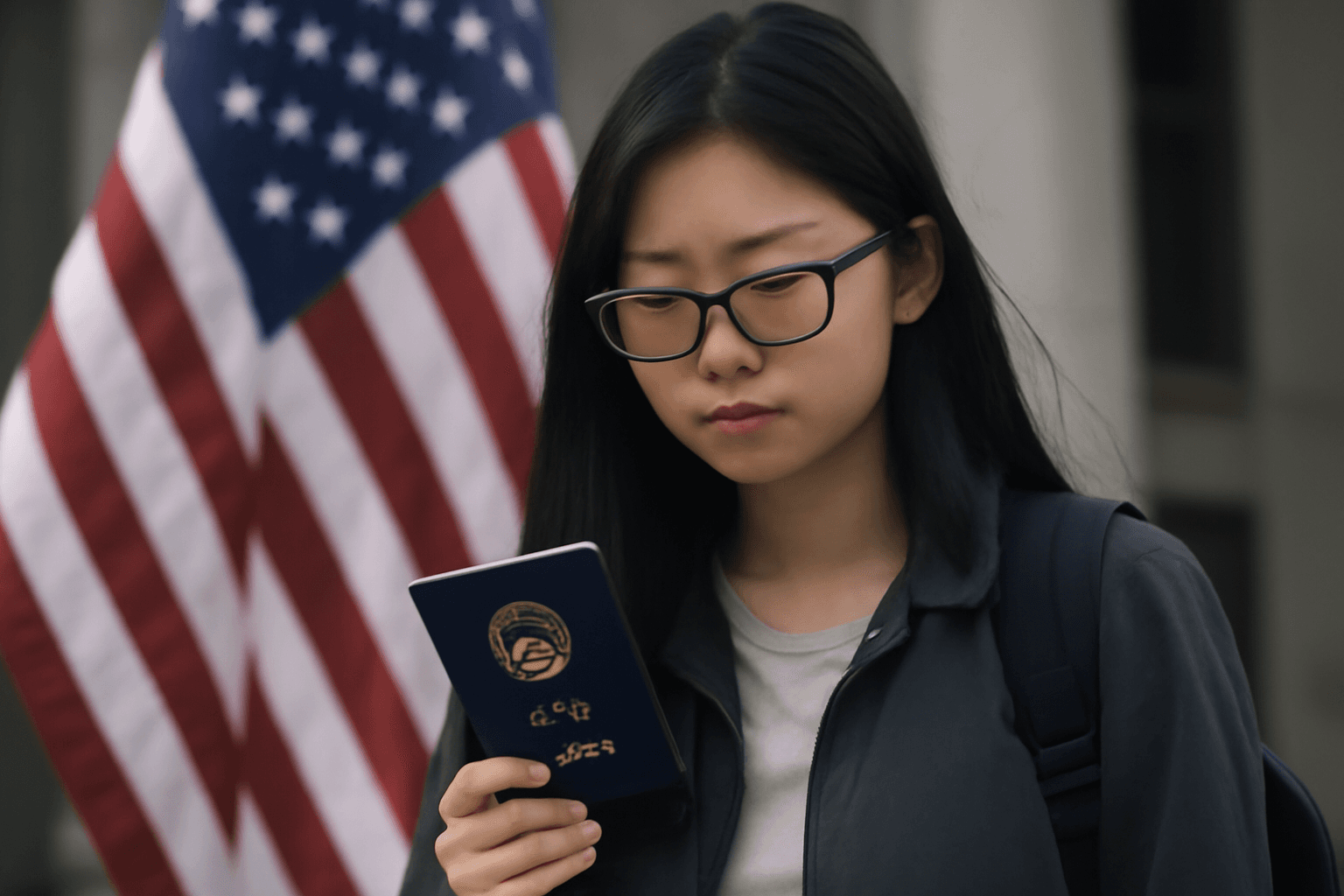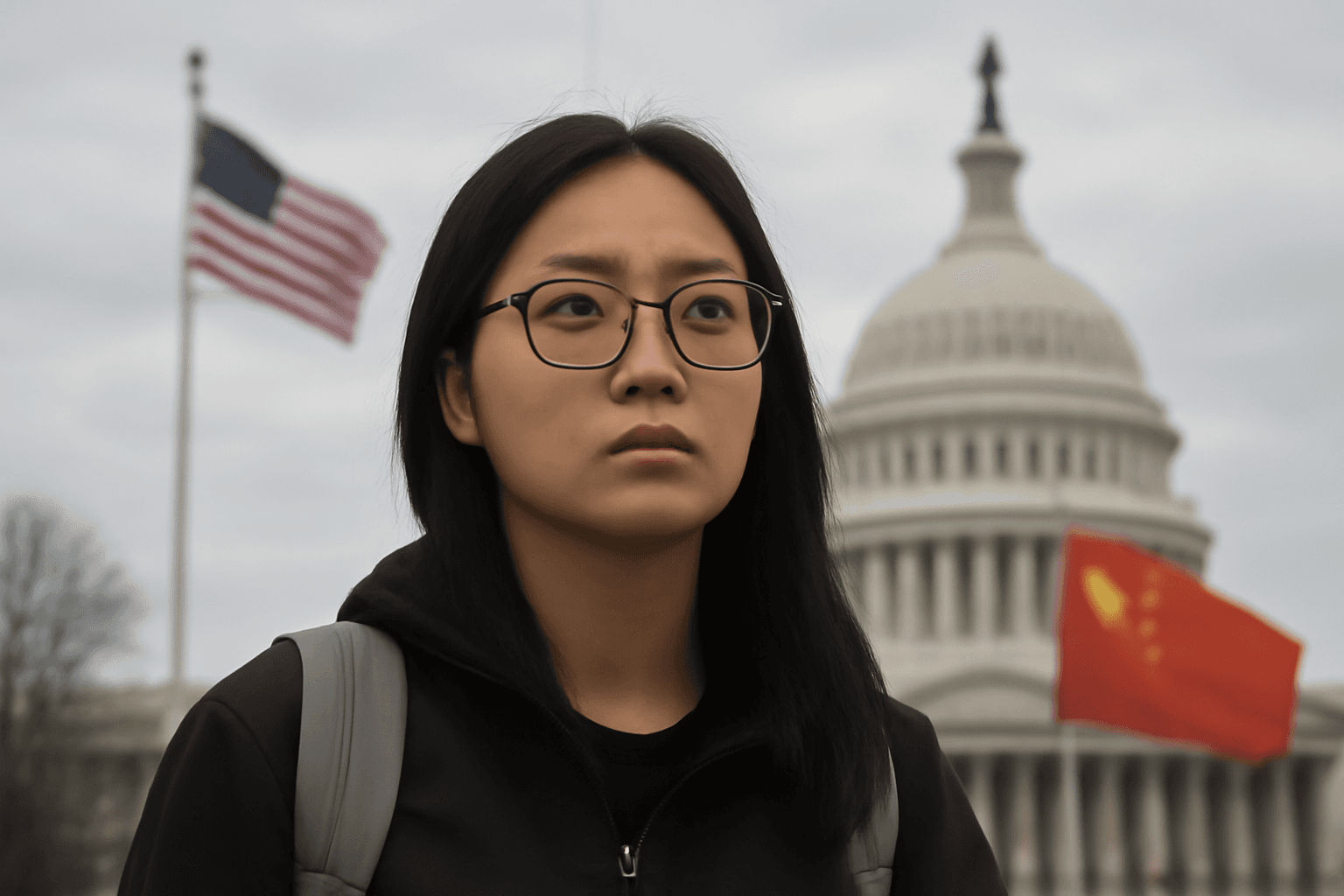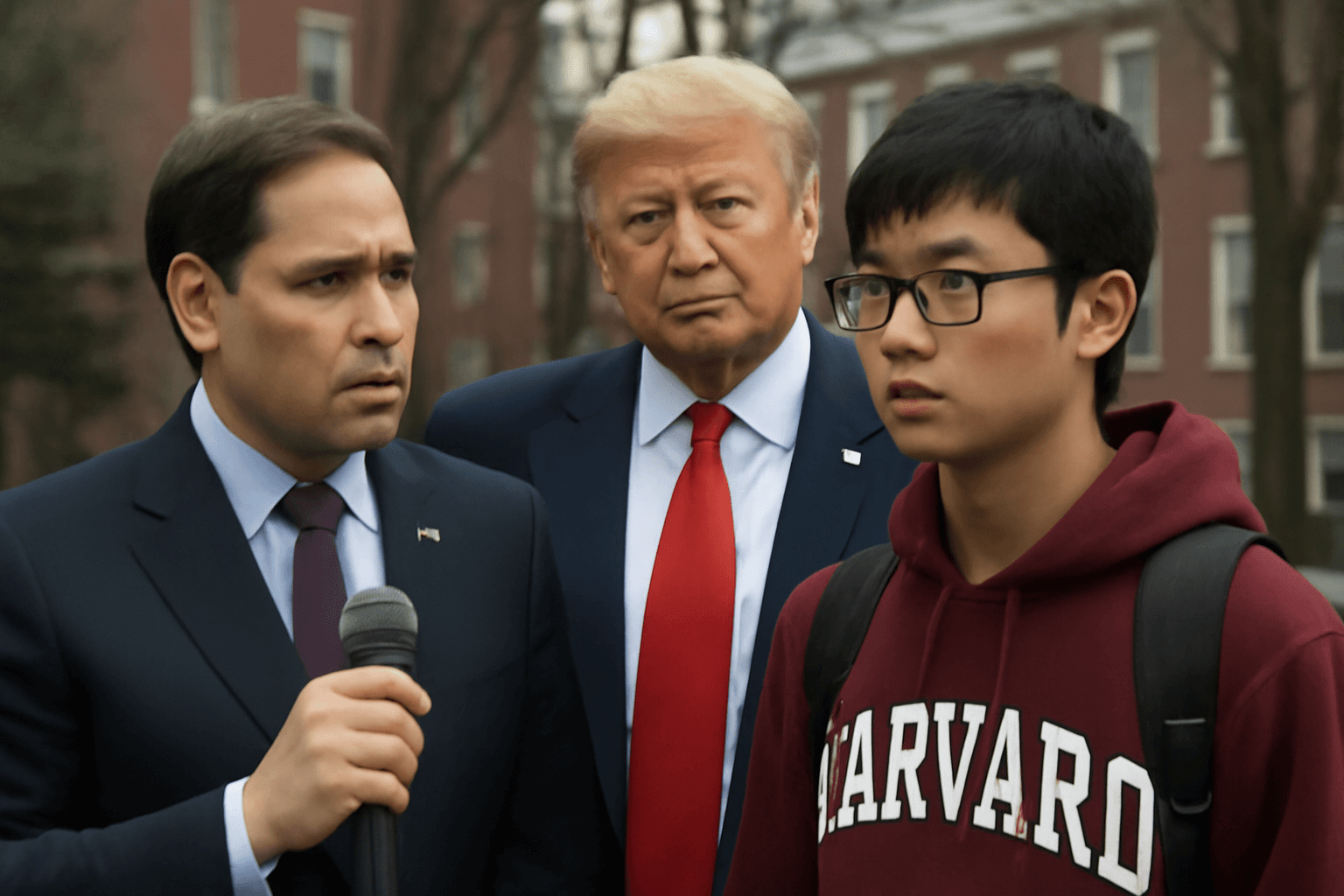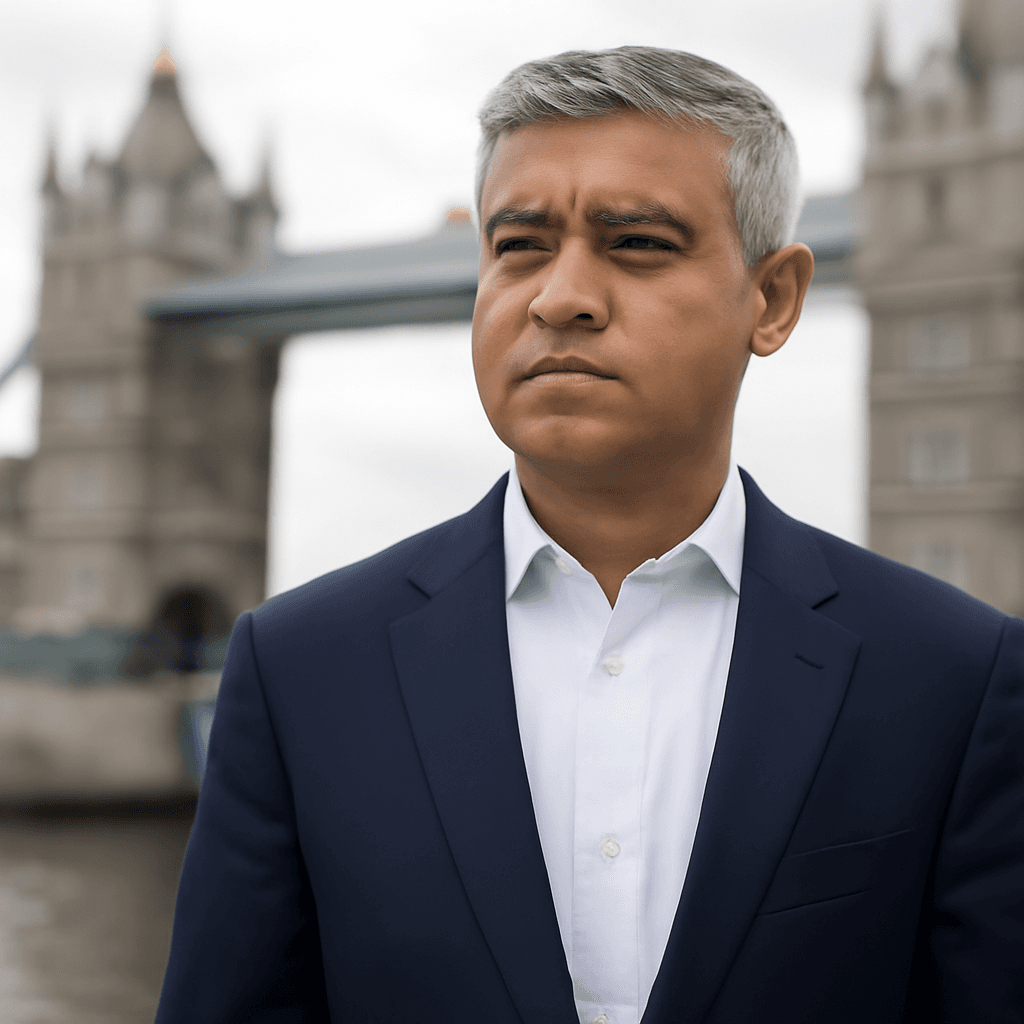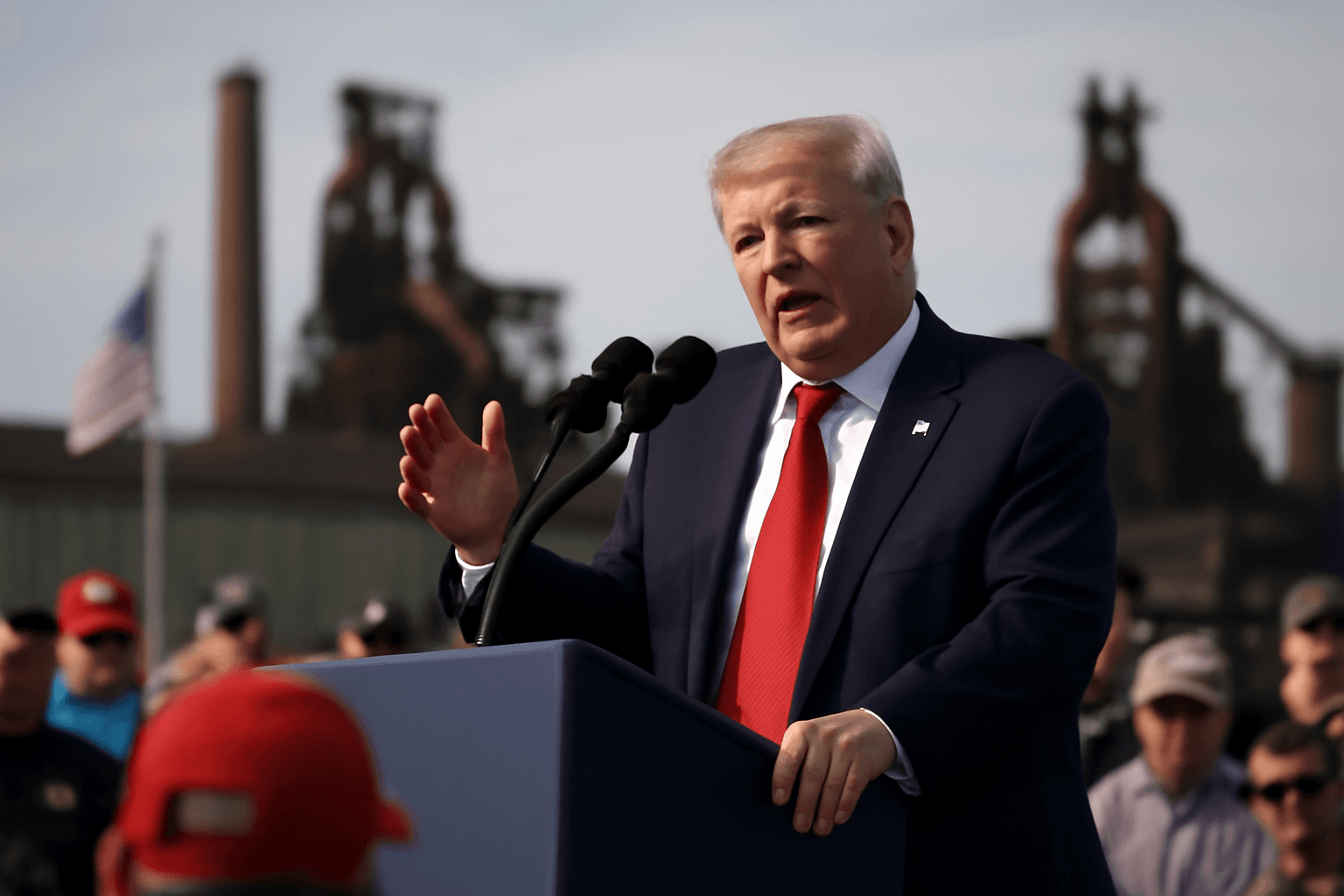The United States is poised to approve weapons sales to Taiwan at unprecedented levels, surpassing the totals during President Donald Trump’s first term, as part of efforts to deter escalating Chinese military pressure on the island, according to US officials.
This potential increase in arms sales aims to reinforce US commitment to Taiwan’s defense, addressing concerns about the extent of Washington’s support. However, it is likely to further complicate the already strained US-China relations.
Two anonymous US officials revealed that planned approvals for Taiwan's arms purchases over the next four years could significantly exceed the approximately $18.3 billion worth of weaponry authorized during Trump’s initial term, compared with $8.4 billion approved under President Joe Biden.
Alongside arms deal progress, US officials are urging Taiwan’s opposition parties not to obstruct the government’s initiative to boost defense spending to 3% of GDP. Taiwan’s ruling Democratic Progressive Party (DPP) is advocating for this increase to enhance military deterrence.
Taiwan’s Presidential Office affirmed the government’s determination to strengthen self-defense capabilities and deepen security cooperation with the US. Meanwhile, Taiwan’s Defense Ministry declined to comment on new arms sales but emphasized the importance of allied solidarity in facing regional challenges.
China, which claims Taiwan as its territory, has intensified military activities aimed at reunification, including by force if necessary. Taiwan’s government counters by asserting that its future should be decided solely by its people.
The US continues to support Taiwan as its primary international arms supplier despite the absence of formal diplomatic ties, reaffirming its commitment to enhancing Taiwan’s security.
Domestic politics in Taiwan pose challenges, as opposition parties Kuomintang (KMT) and Taiwan People’s Party (TPP) previously enacted budget cuts raising concern from US lawmakers and officials, who have emphasized the existential nature of defense funding for Taiwan.
Representatives from the opposition parties, including KMT’s Alexander Huang, expressed openness to increasing defense budgets while maintaining prudent legislative oversight.
Reports indicate that new US arms packages to Taiwan are expected to prioritize missiles, munitions, and drones—cost-effective systems intended to improve the island’s defensive capabilities against China’s superior military forces.
Additionally, the Trump administration has indicated it would not oppose a potential transit through US territory by Taiwan's President Lai Ching-te, despite Beijing’s objections to such engagements.
The intensifying military and diplomatic tensions underscore the complex geopolitical dynamics surrounding Taiwan’s defense and US-China relations.

